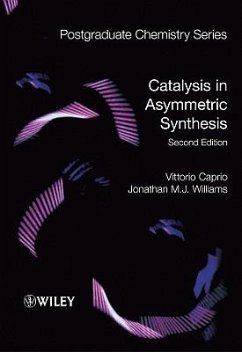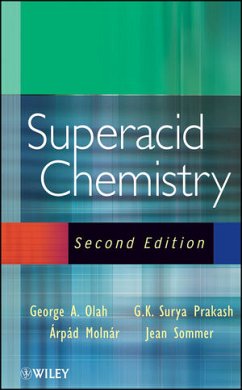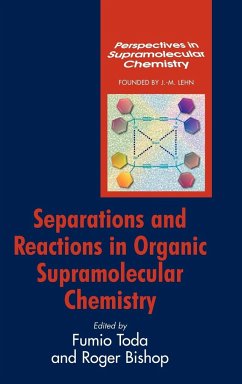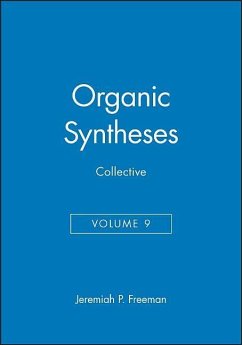Nicht lieferbar
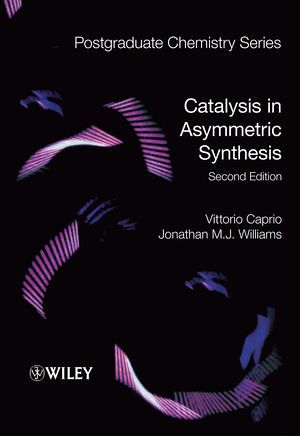
Catalysis in Asymmetric Synthesis
Versandkostenfrei!
Nicht lieferbar
Controlling the stereochemical outcome of reactions in the synthesis of complex natural products or bioactive materials represents an intellectual and practical challenge for chemists. Written from the point of view of a synthetic organic chemist, Catalysis in Asymmetric Synthesis, 2nd Edition illustrates the transformations that can be achieved, and bridges the gap between the functional group approach of most undergraduate textbooks, and the obscuration of essential information in advanced level textbooks. Catalysis in Asymmetric Synthesis, 2nd Edition maintains readability, while also being highly practical and relevant.
Controlling the stereochemical outcome of reactions in the synthesis of complex natural products or bioactive materials represents a considerable intellectual and practical challenge for chemists. The stereochemical features of these products are usually essential to their bioactivity, so asymmetric synthesis has become a dominant feature of modern organic chemistry. Asymmetric catalysis is an important aspect of asymmetric synthesis, and one that has seen significant progress in the development of widely applicable methodology. This book is written from the point of view of the synthetic organic chemist, illustrating the transformations that can be achieved via this methodology, rather than the organometallic chemistry that lies behind. The emphasis is on non-enzymatic methods of asymmetric catalysis, although key references to enzyme-catalysed reactions have been incorporated where appropriate. The book is extensively referenced and therefore provides a convenient point of entry to the primary literature for both experienced synthetic organic chemists and advanced students alike.




